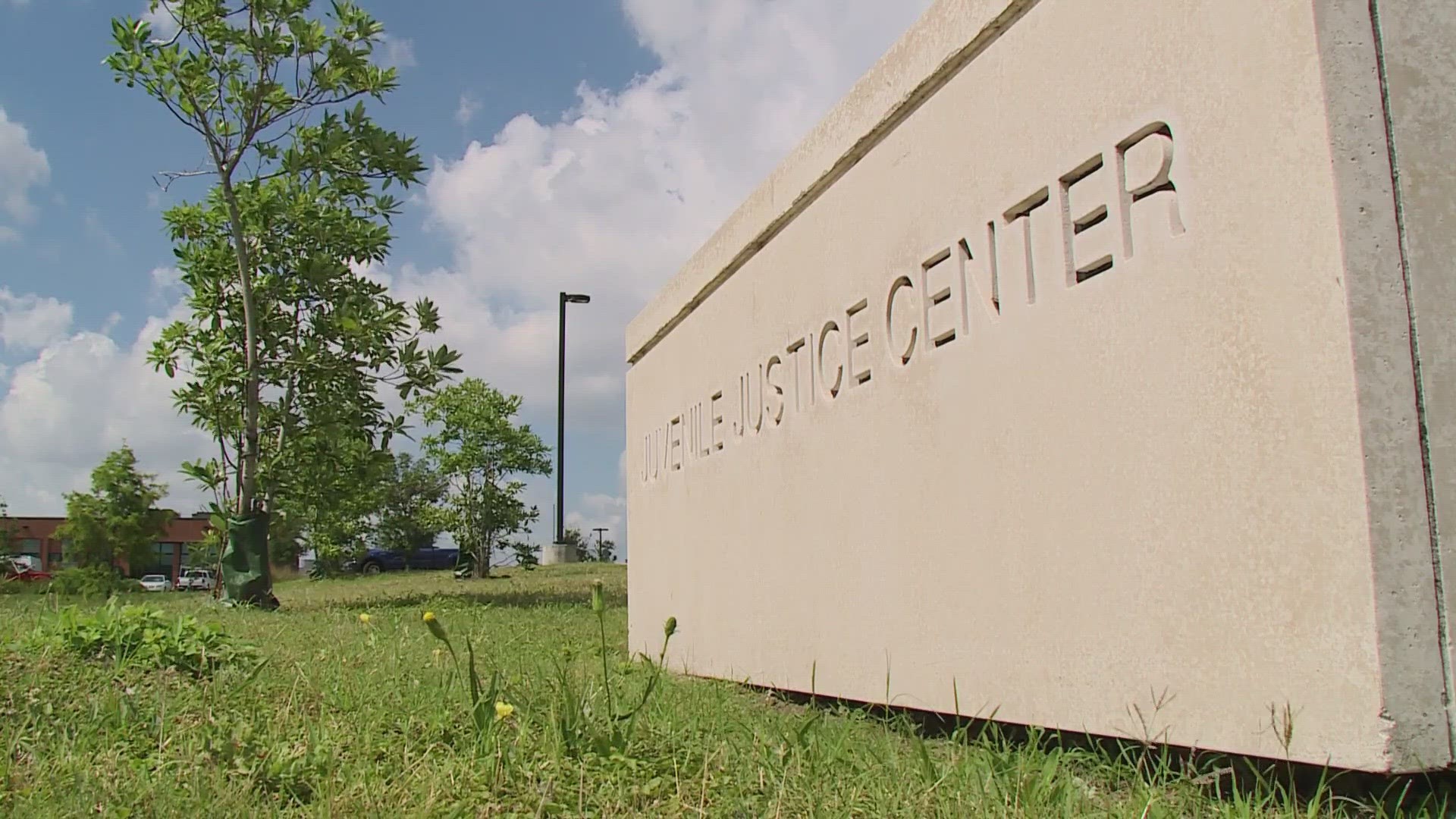NEW ORLEANS — Judges and personnel from the Orleans Parish Juvenile Court went before the city council on Wednesday asking the city to invest in a new center that would address mental illness in troubled youth.
In the second meeting between the juvenile court and councilmembers this year, Judge Candice Bates-Anderson gave a presentation about why she believes the center would help find out what mental health issues may be unaddressed in youth that find themselves in the justice system.
"We ask the council please to consider funding once again, because the court is dedicated to its passion for public safety and awareness," Judge Bates Anderson said. "Approximately 1,228 youth came through intake from Jan. 1, 2022 through Dec. 31, 2022. Just imagine having done assessments on those 1,228 youth and what kind of outcomes we can offer to them."
The goal, according to the judge, is to address youth delinquent behavior through the use of mental health professionals that can identify a need and improve services to juvenile offenders suffering with mental illness.
"The national average cost to detain those same youth is $47,000 per year," Bates-Anderson said. "We have an opportunity to provide an assessment center that can immediately identify some of the key areas where these juveniles can certainly benefit, and where we can provide better outcomes, services and alternatives, so we don't see them again for the mere cost of $210 per youth."
The total cost of this program is roughly $258,000. That would hire a minimum of four mental health specialists and the equipment needed to run the center.
"Just imagine what kind of information that could provide the court," Judge Bates-Anderson said. "Whether it be something school-related or regarding trauma, just having that basic information initially upon seeing those children."
In a letter to Mayor LaToya Cantrell, co-signed by Bates-Anderson, along with fellow Judges Tammy M. Stewart, Desiree Cook-Calvin and Clinton Smith, the group formally advocated for the program.
"The effectiveness of our decisions regarding juveniles and their families is directly related to the depth and quality of the information we receive," The letter read. "Juveniles with unidentified mental health challenges or development disabilities are often arrested detained and removed from the home when more appropriate interventions are possible."
► Get breaking news from your neighborhood delivered directly to you by downloading the new FREE WWL-TV News app now in the IOS App Store or Google Play.

